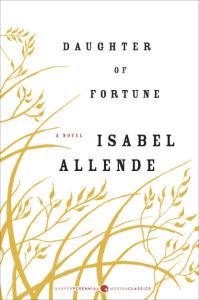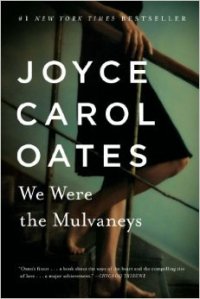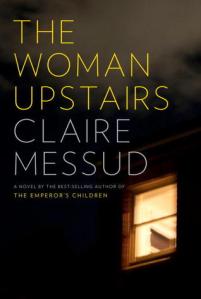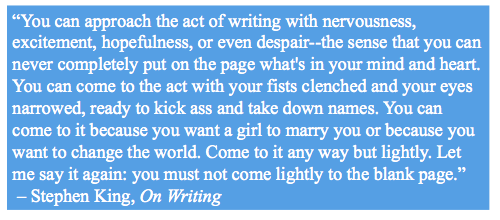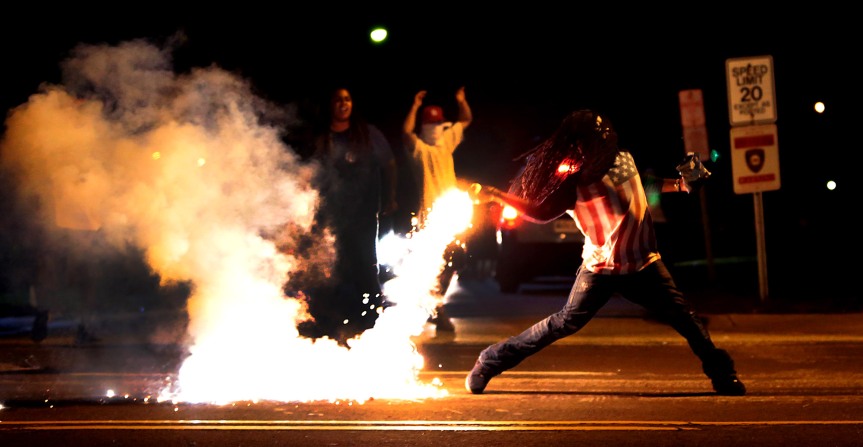Originally published on Medium.
Descending down the staircase of yet another party, the only discernible difference between this place and the last was that I gripped the railing a little longer, stumbled a little harder.
There is the same student-come-DJ, standing behind a Mac, hitting shuffle on an iTunes playlist. And the same shelves lined with empty bottles, broadcasting expensive names.
Glancing around, the division is apparent. Those who are sober, those who are drunk- and those feigning sobriety to win the trust of the drunkest. The latter, are often the guys hosting the party, looking to lay claim to the drunkest girls they can find. Leaning their weight against the wall, as if their sheer presence were embedded in the foundation. As if we would all crumble without them.
But then, there they are, short dresses, smoky eyes, and salacious grins. Yearning for recognition from the ones holding up the wall- unaware of possible dangers.
Dangers that have become ever more apparent.
Standing along the stairs, looking down at a party filled with college students like myself, I see how it can happen.
I notice the girl standing in a circle with friends, drink in hand, precariously bringing it to her lips, and forcing a smile, as if a swig of Captain Moran didn’t burn her throat. And I see as she later stumbles back to the bar for another cup, unaware of the guy along the wall who has been counting each drink.
I understand how it can happen.
It’s been a long week and you finally get the chance to go out with friends. The thought of crowding into yet another hot, smoky basement doesn’t sound very appealing. But, the thought of a few shots and dancing away stress, trumps all else.
Plus, it’s your right. As college students we have the right to walk into a party, have a good time with friends, and leave the same as when we entered. Both males and females alike.
But why is that not happening? Why is one gender being targeted? Leaving a party, not as a student, but as a survivor of sexual assault. And why are Universities not taking it upon themselves to ensure justice is served?
We’re living in a society that prioritizes punishing academic cheaters, rather than sexual assailants. This recent Rolling Stones article concerning the gang rape of a freshman student, as well as all schools under Title IV investigation, are finally shedding light on an issue that has been flying under the radar for far too long.
Entering my freshman year, I naively thought that assaults on campus were not happening. That date-rape drugs were only present on TV shows from the 90s. That sexual predators were strangers hiding in dark alleys.
Two years later and I have the insight to know I was wrong. The stories emerging from student victims have left me terrified and confused. But most pressingly, they have left me outraged.
Knowing that other students are entering their freshman years with wide eyes and innocent mindsets leaves me concerned for their safety. Knowing that the University would make their lives hell if an assault were reported, leaves me infuriated.
A Universities refusal to properly handle these cases is a reflection of the morals and standards of our society. A society that abhors rapes occurring in other countries, yet sits by idly while it happens on our own soil. And our refusal to demand repercussions allows the system to persist.
Now, this isn’t me telling you to write a strongly worded letter to your local congressman demanding change (though I won’t protest), this is me asking why, and in turn, requesting you to ask why.
Why the hell are these assaults occurring? Why the hell is no action being taken?
A slap on the wrist in the form of a semester-long suspension is not action. Mandatory counseling for the assailant is not action. A victim should not walk into class the next week and see their assailant sitting in his seat, as if nothing ever happened. Universities should not silence the victim’s voice to protect the schools funding or reputation. The victim should never feel as if their voice is not being heard.
If their voices are being stifled, then we need to raise ours.













